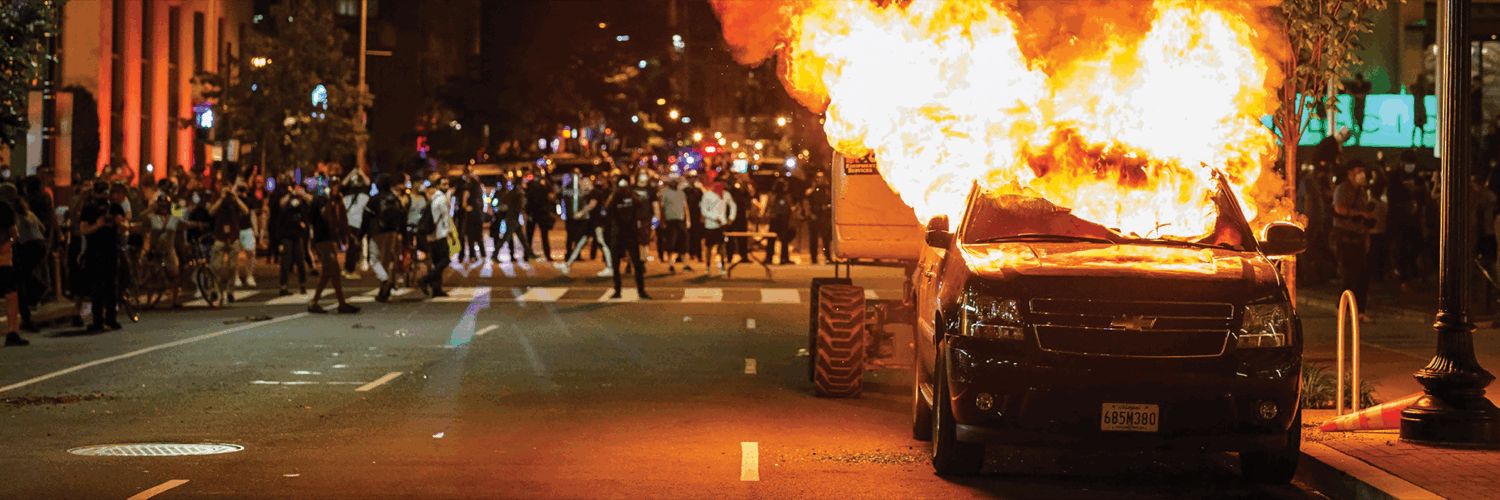ALTERNATIVE: As American hegemony unravels, the Global South must resist both nostalgia and passivity. Multipolarity won’t arrive on its own—it must be built through struggle…
By Thapelo Tselapedi
There is no doubt that the world has entered a new era of multipolarity. While the United States remains powerful, it is increasingly counterbalanced by a China-led global order. This isn’t just about alternative trade routes, supply chains, or state-backed investments in the developing world. It also reflects the emergence of a global coalition between the structurally marginalized in the West and the postcolonial South.
Together, these overlapping groups form what is now called the Global South. Unlike the Third World project of the mid-20th century, which emerged from anticolonial struggles and sought to navigate a shifting Cold War order, the Global South project that began taking shape in the early 1990s confronts a different pressure: neoliberal restructuring.
In this sense, the Global South is not a coherent geographic or class-based formation, but a shifting space of struggle—where elements of the North appear in the South, and vice versa.
This is why moments like Occupy Wall Street (2011) and Black Lives Matter (2013) resonated beyond US borders. Occupy challenged neoliberal economic organisation; BLM took aim at America’s racial regime. Both revealed a fracture in the West that spoke to the experiences of the global majority.
And while a China-led order is far from utopian, it gestures toward a more pluralistic political terrain—where multiple configurations of democracy and capitalism coexist, and no single power dictates the terms of modernity.
This, precisely, is what makes it so threatening to the West. The dominance of the US has been about not only material power but maintaining a definition of humanity grounded in whiteness. The West’s current configuration of democracy and capitalism is entangled with this racial vision. As the American philosopher Lewis Gordon reminds us, “a true, new beginning stimulates anxiety because it appears, at least at the level of identity, as suicide.”
We are seeing this anxiety take form: Existential fractures in the transatlantic alliance, resurgent white nationalism, and a frantic attempt to reassert control through trade wars and isolationist policies. Recall how the British historian Arnold Toynbee once put it, “Civilizations die from suicide, not by murder.”
From Obama to Biden, and especially under Trump, the US has struggled to manage its decline. Trump’s approach, however, is more unilateral and maximalist: He has abandoned traditional alliances in an effort to reimpose American hegemony through economic coercion. But this is no longer possible. The United States cannot continue to play both global leader and imperial overlord. Its post-war architecture of international governance—designed to stabilise the world while preserving US dominance—has exhausted its financial and moral legitimacy.
Yet the West’s strategic imagination remains locked in a binary worldview. For the US, multipolarity has always signalled danger. In 2010, former Secretary of State Condoleezza Rice warned that multipolarity meant “rivalry, competing interests, and—at its worst—competing values.”
This helps explain the ongoing anxiety about BRICS. In Western analysis, BRICS is framed as a geopolitical bloc, a threat to the liberal international order. But that view risks missing something more interesting: that BRICS is a transitional formation, a forerunner of a multipolar world that may, eventually, render such blocs obsolete.
Even so, the transition is far from smooth. In February 2025, The Washington Post ran a headline declaring, “Trump Revives Monroe Doctrine in U.S. Relations with Western Hemisphere.” In this framework, multipolarity is not an opportunity but a threat to be managed through spheres of influence and containment.
But containment will not work. The world has already outgrown the US vision of liberal order. The empire is collapsing under the weight of its contradictions—unable to offer peace, prosperity, or even ideological coherence. The Global South, in contrast, offers the outline of a different vision: one free of empire, more open to pluralism, and capable of naming corporate and state violence as forms of domination.
Still, we should not be naive. Multipolarity is not automatically emancipatory. It can reproduce the same hierarchies under different banners. The Global South, if it is to be more than a rhetorical device, must hold new powers to account—rejecting both Western imperialism and new forms of authoritarian capitalism.
We must contend with a sobering reality: The US may be willing to destroy the world before it surrenders its imperial self-image. This suicidal impulse—visible in its economic warfare and cultural nihilism—should not be underestimated. If empire cannot imagine a future in which it does not lead, it may instead choose to make that future unlivable for everyone else.
We are entering a new terrain of struggle, not a utopia. And that terrain demands clarity, coordination, and vision. If the US empire is willing to end the world before it ends itself, then our challenge is not only to survive its decline but to shape what comes next.
That task will not fall to states alone. African governments, through institutions like the African Continental Free Trade Area (AfCFTA), must move with speed. If they are to shape multipolarity, they must build new regional institutions, assert economic sovereignty, and humanise Africans, not just as an anti-Western posture, but as a constructive project rooted in the context Africa finds itself in. Multipolarity will not be given. It must be made.
This will require struggle—not only against imperial holdovers, but against our own inertia. The end of the US empire is not the end of the world. But what kind of world emerges next will depend on what we are prepared to fight for. – Africa is a Country
* Thapelo Tselapedi is a lecturer in Political and International Studies at Rhodes University in South Africa
Comment
ACT AGAINST CORRUPTION
Corruption has been described as an incurable disease which also hindered economic development, eroded trust and weakened democracy.
It is a serious crime that cost countries throughout the world trillions of rands per annum – money that could have been utilized to fund social development. That is why it is imperative that members of the public must play a major role in helping law enforcement agencies fight this scourge that was ravaging the world. Our blessings to the 15th Commonwealth Regional Conference of Heads of the Anti- Corruption Authorities which is being held in Cape Town to seek solutions to rid the world of this unlawful act. The United Nations estimates that nearly five percent of the world’s GDP was lost to corruption every year. Trillions of dollars were also lost every year to bribery, embezzlement and illicit financial flows.
Amongst the proposals that had been suggested at this conference is for governments to work in unison to rid the world of this crime. Cross border cooperation was also key to help in cracking down on corrupt syndicates who exploited vulnerabilities in the international banking system to launder money that culminated in financing terrorism acts.
We hope the conference will find ways to tackle this scourge that, according to President Cyril Ramaphosa, has now become more complex and sophisticated due to deep fakes and fraudulent websites and other tools. Countries must support each other to avoid the risk of weaker countries becoming sanctuaries for criminal syndicates.
Corruption is a danger to society. It also hindered economic development, exacerbated inequality and poverty and could lead to social instability and conflict. Cross border cooperation seem to be key to end corruption that was being perpetrated against governments and communities throughout the world. Transparency and integrity and the fight against this serious crime should be part of the culture of every community. Corruption should be everyone’s problem.
Ramaphosa announced that over the last ten years , South Africa had been working to build a strong, robust institutional framework for combating corruption. The Zondo Commission was one of the institutions that investigated and exposed acts of massive corruption. A number of government officials were fingered and recommendations were made for criminal charges to be laid against some of them. Some of these cases were still ongoing in courts of law.
While we support the fight against corruption and appreciate the duty of the police to bring the culprits to book, we are rather disappointed at the slow rate of prosecuting those who had cost South Africa billions of rands. Some of these cases have been on the court rolls for years with no progress in sight apparently because of the lack of capacity or skills to handle such cases.
It serves no purpose for police to do their job of arresting the suspects and for the prosecuting authorities to stall the progress or fail to successfully convict those who were robbing the State of money that could be used for social development and helping the poor. Corruption is the enemy of development of good governance. All efforts must be made to rid the world of this cancer.


































